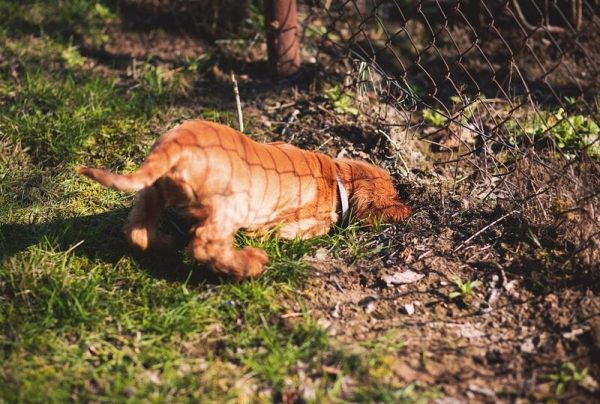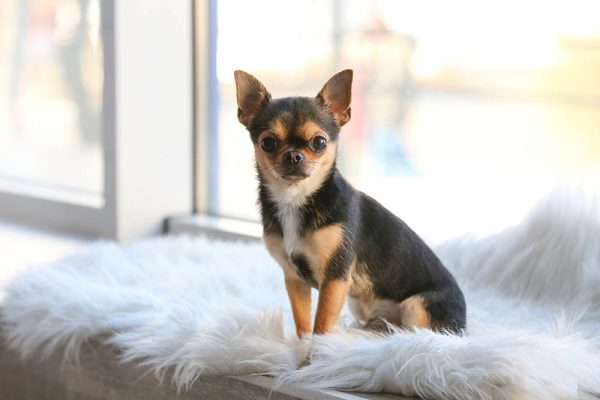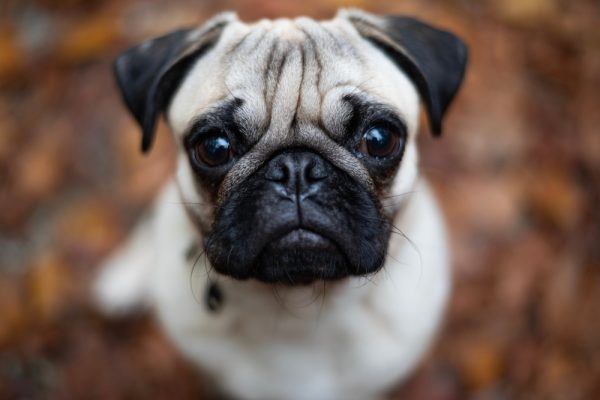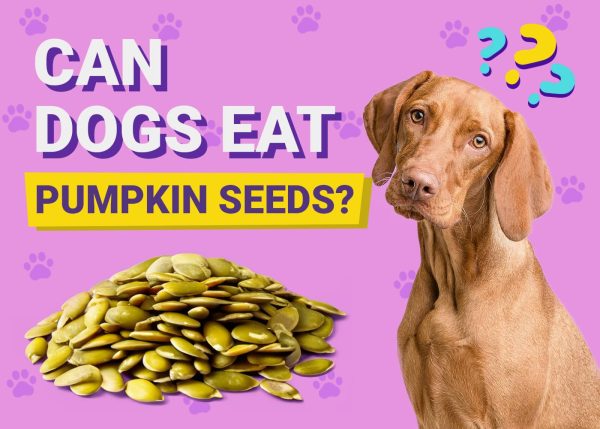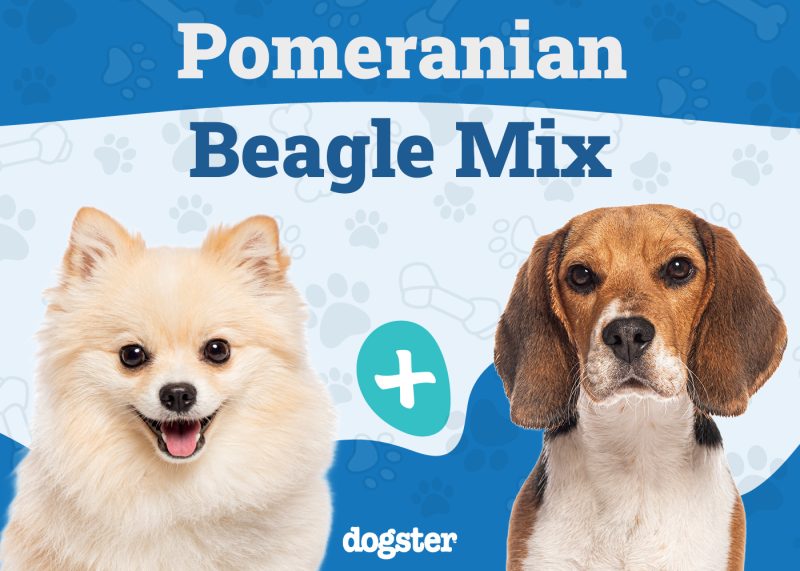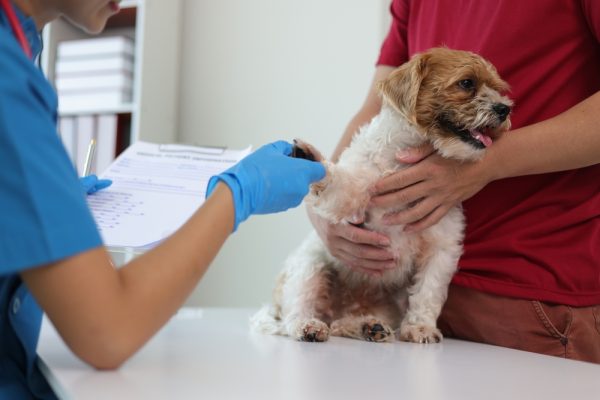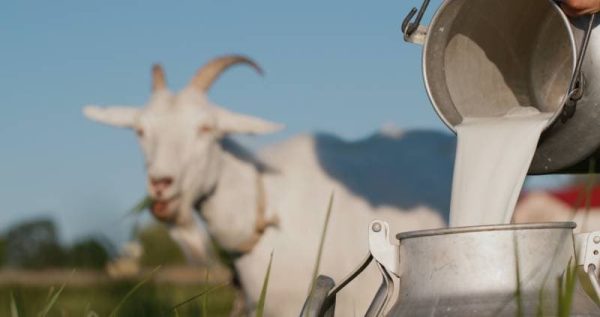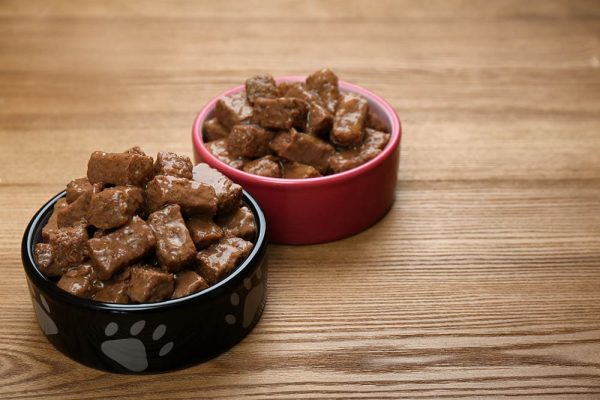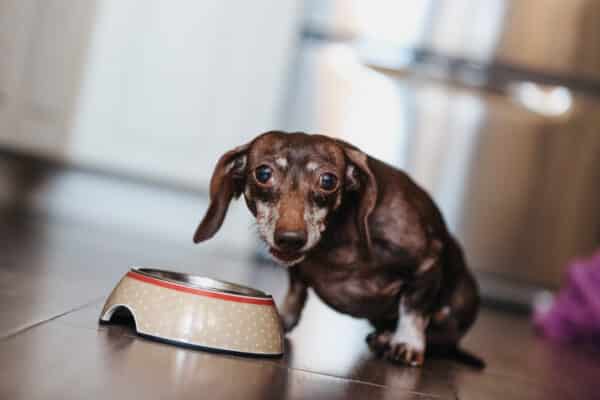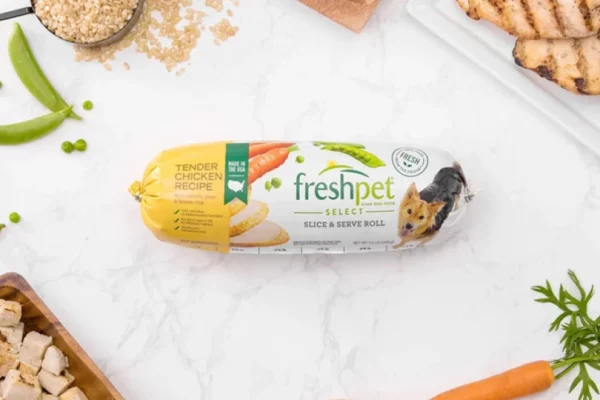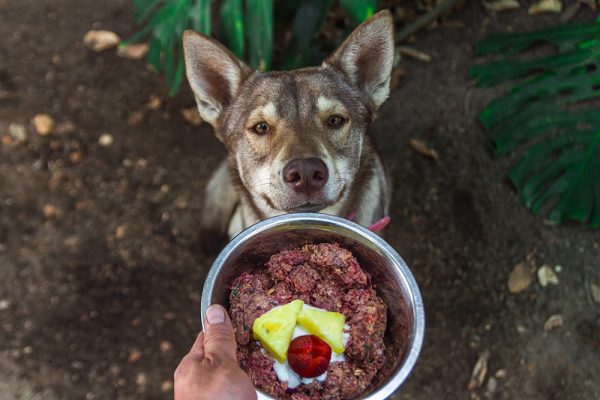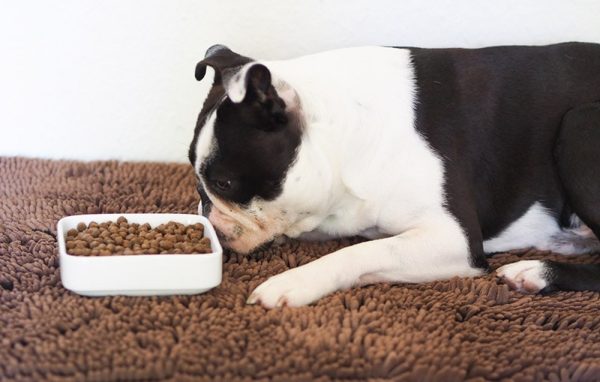In this article
Our dogs do all sorts of things that are strange to us, but one of the most bizarre and disturbing behaviors is when they eat feces. If you’ve been unfortunate enough to witness your dog eat rabbit feces, you are probably wondering why your pup would do such a thing. As it turns out, there are several possible reasons.
In this article, we examine why your dog may be eating rabbit poop and how to stop it.

The 11 Possible Reasons Why Dogs Tend to Eat Rabbit Poop
1. Appealing Taste
This may sound impossible or even disgusting, but your dog might eat rabbit poop because they enjoy the taste. The feces of other animals can contain some healthy or attractively tasty nutrients, causing some dogs to want to eat them. Still, that does not mean that feces are beneficial for them to eat, so this behavior should be discouraged.
Besides your dog finding rabbit poop interesting, there are several possible medical conditions that can impact their appetite or lead to malabsorption, leading to them eating their own feces or feces of other animals, including rabbit poo. Let’s look into some of these health issues next.
2. Intestinal Parasites
If unwanted visitors are making themselves at home in your dog’s body, they may begin to exhibit all sorts of strange behaviors. Intestinal parasites, such as whipworms, hookworms, or roundworms, can disrupt your pet’s eating habits, leaving them with little to no nutrients. As a result, your dog may eat rabbit feces to compensate for the nutritional imbalance.
Clinical signs of intestinal parasites will vary depending on which parasite has infested your dog. If you believe that your dog has an infestation, you must make an appointment with your vet so your dog can be evaluated and treated.
3. Malabsorption
If your dog is not properly absorbing nutrients from their meals, there is a chance that they have a condition that impedes their ability to process nutrients. This can be due to small intestinal bacterial overgrowth, inflammatory bowel disease, pancreatic issues, or others. This in turn impacts the absorptive surfaces of your dog’s bowels, leading to poor absorption of nutrients.
The most common clinical signs of malabsorption include chronic diarrhea and significant weight loss. Your dog may also have an increased appetite, which may contribute to eating rabbit feces.
4. Diabetes
Diabetes is a fairly common canine disorder in which your dog’s body either cannot produce an adequate amount of insulin or cannot respond to it appropriately. It is an endocrine disease, which is why it can have such a heavy impact on your dog’s metabolism. Signs of diabetes include excessive thirst and urination, weight loss, and lethargy.
Increased appetite is another sign of diabetes. If your dog is eating rabbit poop, they may be doing so out of extreme hunger related to diabetes.
5. Cushing’s Disease
Cushing’s disease is a medical condition in which your dog’s hormones are severely affected. This condition occurs when your dog’s adrenal glands produce excess stress hormones. This can lead to increased thirst and urination, lethargy, a pot-bellied appearance, skin changes, panting, urinary infections, and a poor coat. Your dog will also experience an increased appetite, which may cause them to eat feces.
Treatment for this condition requires a vet’s expertise. Medication, radiation, or surgery may be required depending on the cause of your dog’s excessive hormone production.
If you need to speak with a vet but can't get to one, head over to PangoVet. It's our online service where you can talk to a vet online and get the advice you need for your pet — all at an affordable price!

6. Thyroid Diseases
A thyroid condition may be the reason for your dog’s strange habit. Hypothyroidism is caused by a lack of thyroid hormones, and hyperthyroidism is caused by the overproduction of those hormones. In either case, your dog’s metabolism is altered, which may lead to strange behaviors like eating feces. Hyperthyroidism is quite uncommon in dogs.
Signs of hypothyroidism in dogs may include weight gain, lethargy, poor coat, cold intolerance, skin pigmentation, an increased frequency of ear and skin infections, and others. If you suspect your dog has a thyroid problem, consult your vet to determine the right treatment plan.
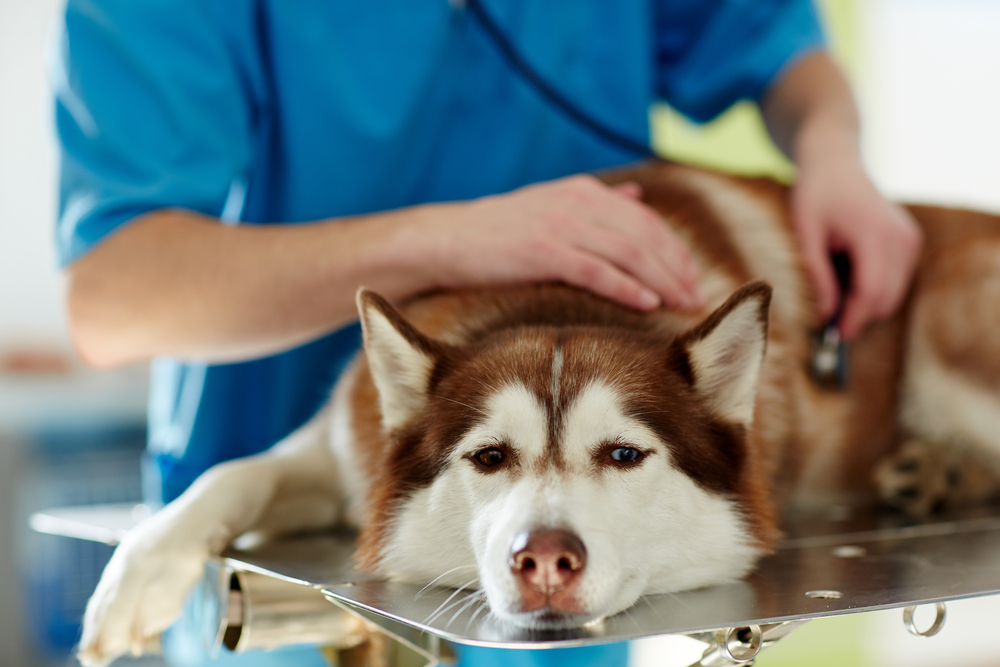
7. Steroid Treatment
If your dog is undergoing steroid treatment, it may be to blame for their behavior. This treatment is often used for its anti-inflammatory and immune-suppressing abilities. In the short term, though, there are side effects that your dog may experience, such as increased hunger, causing them to eat poop.
Other side effects include excessive thirst and urination, lethargy, panting, and nausea. If you notice these side effects, talk to your vet about lowering your dog’s dosage or seeking another treatment option.
8. Anxiety
Does your dog struggle with anxiety? If so, they may be eating rabbit poop due to their distress. For example, dogs frequently punished for potty accidents may become anxious at the sight of feces on the ground and may eat them to try to hide the mess and avoid punishment. Other times, dogs with separation anxiety may eat feces simply due to extreme stress.
Signs of anxiety in dogs include pacing, trembling, and hypervigilance. You may also notice that your dog’s skin and coat are unhealthy and that they are constantly licking or scratching themselves. They may have lesions on their skin from self-inflicted wounds. The best way to help your dog through their anxiety is to pinpoint the cause of their distress and consult your vet.
9. Seeking Attention
Sometimes, the cause of your dog’s behavior can be traced back to a single incident when they were a puppy. If there was ever a time when your dog picked up poop in their mouth and ran away with it while you chased them to get it out, they might think of this incident as a funny game. As a result, they pick up poop in their mouth whenever they can to engage you in play. Dogs that are bored and lacking exercise or mental stimulation may also resort to eating feces.
10. Pica
If your dog eats poop and other materials, they may have a condition known as pica. Pica is a common affliction in which dogs frequently eat non-food items. Just chewing the object does not count as pica, though; your dog must also swallow it.
Items that your dog may be inclined to eat include metal, cloth, garbage, rocks, plastic, and feces. This is a concerning condition because it compels your dog to eat items that they shouldn’t, significantly putting their health at risk. If you believe that your dog has pica, talk to your vet as soon as possible and supervise them.
11. Nutritional Deficiency
If your dog lacks a valuable part of their necessary nutrition, they may eat poop to reclaim lost nutrients. This may occur due to malabsorption or intestinal parasites, as mentioned, but it may also occur if your dog is fed a poor diet. For instance, according to one study, dogs lacking thiamine in their diets began eating feces to make up the difference. To correct this, consult your vet to determine which nutrients are missing, then find a balanced diet for your dog.
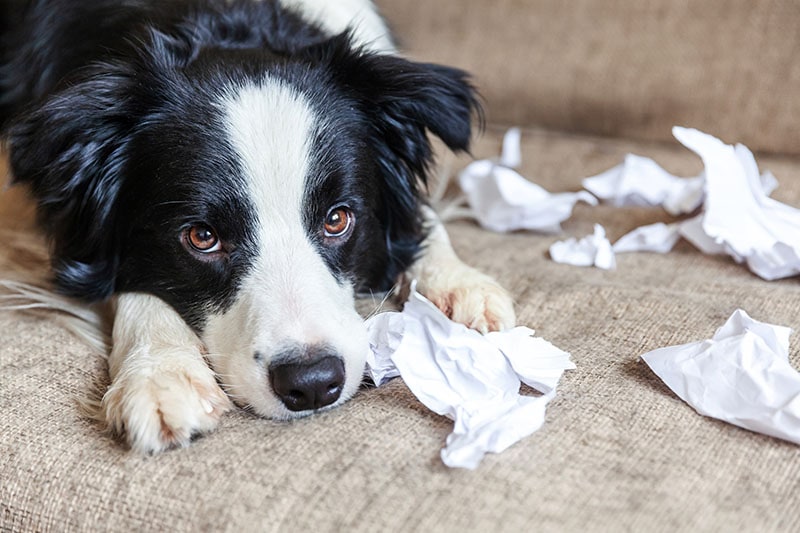
Can Dogs Get Sick From Eating Rabbit Poop?
Yes, dogs can get sick from eating feces. It puts your dog at a higher risk for contracting bacteria that the feces may be carrying, such as E. coli, Salmonella, and others. It also increases the chances of parasitic infestation, as many parasites transfer from host to host via feces.
How to Stop Your Dog From Eating Poop
Since consuming feces can have negative consequences for your dog’s health, it is a behavior that should be discouraged. The first step to preventing your dog from eating rabbit poop is to consult your vet to rule out potential health issues. We listed many concerns that may cause your dog to eat feces, most of which have serious ramifications for your dog’s overall health.
If a medical condition is not behind the issue, your dog may be doing so out of habit, anxiety or boredom. If that is the case, you can begin addressing the underlying issue and training them to curb their behavior. You can use dog chews to try and discourage this behavior by keeping them busy, increase their physical exercise and mental engagement or talk to a veterinary behaviorist for help.

Conclusion
Realizing that your dog has just eaten poop is never a pleasant experience. In fact, it can be alarming if this is something they do on a regular daily basis or have just recently started doing out of nowhere when you consider how many medical complications may be behind this behavior. When you first notice your dog doing this, visit your vet to brainstorm possible reasons for the habit. While your dog may be eating poop just because they enjoy the taste, it is always better to be safe than sorry.
See also:
Featured Image Credit: smrm1977, Shutterstock


